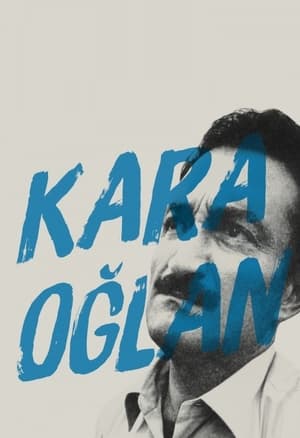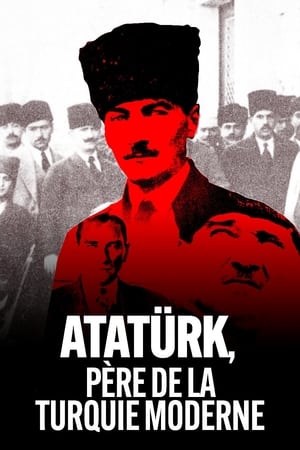

Es gibt mich noch - Ein Folteropfer aus der Türkei(1990)
Documentary directed by Klaus Antes
Movie: Es gibt mich noch - Ein Folteropfer aus der Türkei

Es gibt mich noch - Ein Folteropfer aus der Türkei
HomePage
Overview
Documentary directed by Klaus Antes
Release Date
1990-04-24
Average
0
Rating:
0.0 startsTagline
Genres
Languages:
DeutschKeywords
Similar Movies
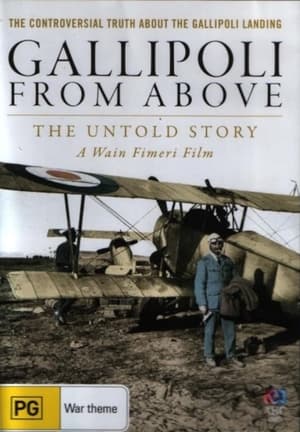 8.0
8.0Gallipoli from Above(en)
Gallipoli from Above: The Untold Story is the true story of how a team of Australian officers used aerial intelligence, emerging technology and innovative tactics to plan the landing at Anzac Cove. It is now nearly 100 years since the landing and hundreds of books, movies and documentaries have failed to grasp the significance of the ANZAC achievement. Instead, the mythology has clouded the real story of how these two influential Australian officers took control of the landing using every innovation they could muster to safely land their men on Z beach.
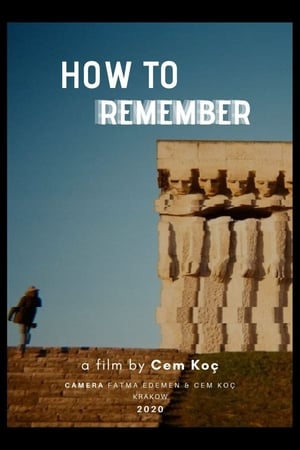 0.0
0.0How to Remember(tr)
The story of a young Kurdish man who tries to remember his past traumatic experiences. A young migrant struggles to remember the memories of post-2015 Turkey while faced with the commemoration practices of the Holocaust. The film takes place in present-day Krakow, Poland, particularly in the former Nazi concentration camp in Plaszow.
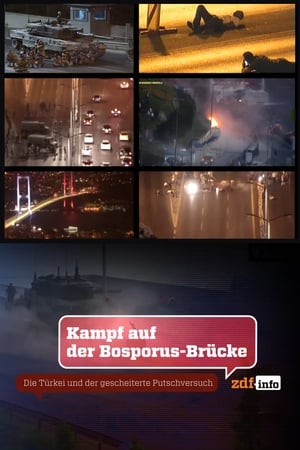 6.5
6.5Kampf auf der Bosporus-Brücke - Die Türkei und der gescheiterte Putschversuch(de)
The night of July 15, 2016 changed the history of Turkey. On that day there were coordinated attacks by parts of the Turkish army, among others in Istanbul. The aim of the military: a coup against the government. The decisive confrontation occurred on the Bosporus Bridge. While President Erdogan was still on vacation, live at TV he called on the people who were devoted to him to stand against the military. As an enemy for the masses, he presented his adversary Fethullah Gülen, whom he branded as the coup leader. He also urged the imams of the country's mosques to condition the population to resist. And so it happens that at night thousands of agitated people take to the streets to oppose the armed insurgents. The death toll was high. 352 people died across Turkey during the attempted coup. The consequences are even more serious: Erdogan used this gift, as he called it himself, to undermine democracy, to arrange mass arrests of dissidents and to transform Turkey into a dictatorship.
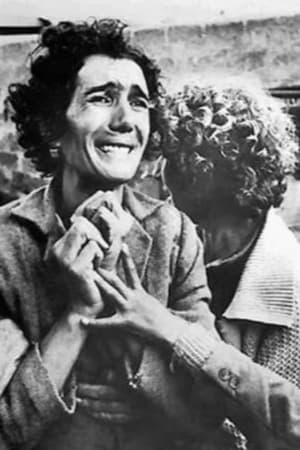 0.0
0.050 Years of Cyprus: Separation(tr)
32.Day, a news classic by Mehmet Ali Birand, is with you this time with the documentary 50 Years of Cyprus!
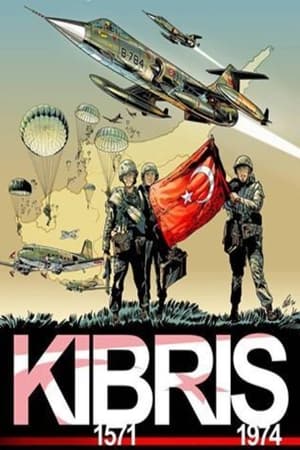 0.0
0.050 Years of Cyprus: War and Peace(tr)
32.Day, a news classic by Mehmet Ali Birand, is with you this time with the documentary 50 Years of Cyprus!
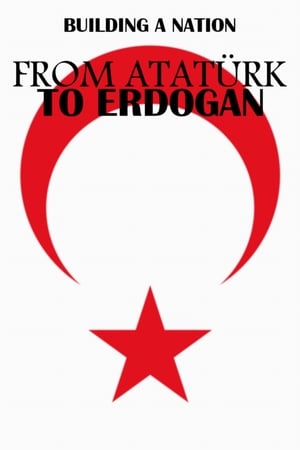 7.0
7.0From Atatürk to Erdoğan: Building a Nation(fr)
Turkey's history has been shaped by two major political figures: Mustafa Kemal (1881-1934), known as Atatürk, the Father of the Turks, founder of the modern state, and the current president Recep Tayyıp Erdoğan, who apparently wants Turkey to regain the political and military pre-eminence it had as an empire under the Ottoman dynasty.
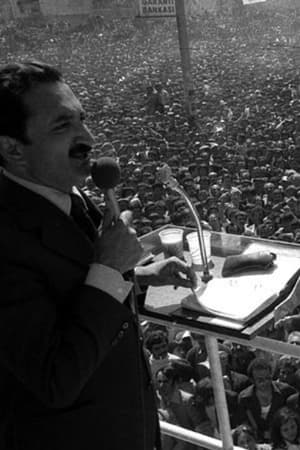 0.0
0.0Karaoğlan: The Man whose Name Was Written on the Mountains(tr)
A political amateur who was kneaded with art in the first half of the 1950s and was enthused with the idealism of politics in the second half, was now a person who was dealing with politics and state affairs 24 hours a day, gradually getting hotter and broadening his goals and horizons. In this section, you will follow the milestones of the poet's hopeful arrival in the 1970s, not a dream that the poet remembers with longing, but is no longer left behind. Contrary to the poem, you will recognize the struggle of a stubborn, belligerent missionary who is incompatible with the world. You will witness how it changed in that struggle and how this change affected a country...
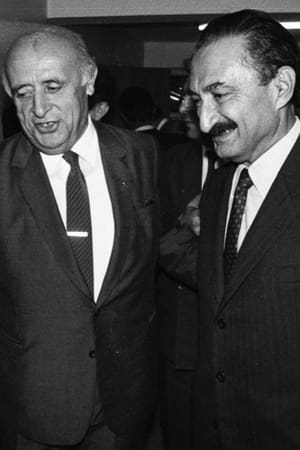 0.0
0.0Karaoğlan: Strawberry Blossom(tr)
What Ecevit feared had happened to him. Someone blew the whistle and the game was over. The name of the game was democracy. Those who finished the game, that is, those who took on the role of referees, were soldiers... The September 12 administration started by blaming the administrators, that is, the politicians. According to the military, incompetent and uncompromising politicians were responsible for the crisis in the country. Now they would put new rules into the game and this time there would be no old actors on the field. Ecevit's political life, which lasted for 27 years, was ending on the morning of September 12...
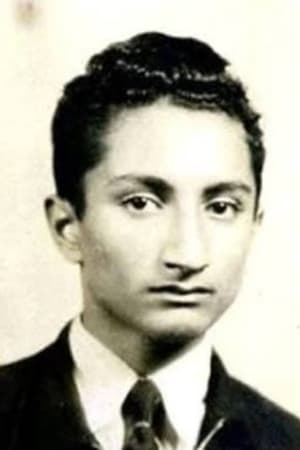 0.0
0.0Karaoğlan: He Had Different Dreams(tr)
How will history remember him? The honest politician who brought the left to power, the reliable plane tree of the state, the poet who adds elegance to politics? Or is it the stubborn, skeptical, lonely leader who hinders the unity of the left? How many people will remember the legend of Karaoğlan, which was written on the mountains and stones in the milestones of democracy? And how many of them will question the reasons for the rise from the top to the prison, from the prison to the top again, and then to be forgotten at the ballot box? How will Turkey remember a leader who left his mark in the last fifty years, a republican intellectual, the captain of the country's most critical days?
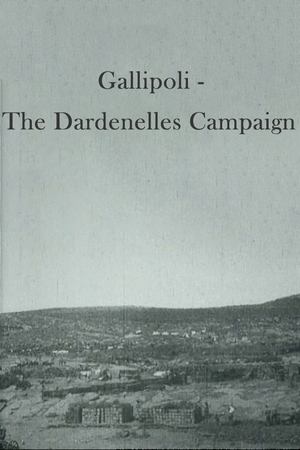 0.0
0.0Gallipoli - The Dardenelles Campaign(en)
An overview of one of the greatest disasters of the first World War WWI - the Dardanelles Campaign at Gallipoli, Turkey.
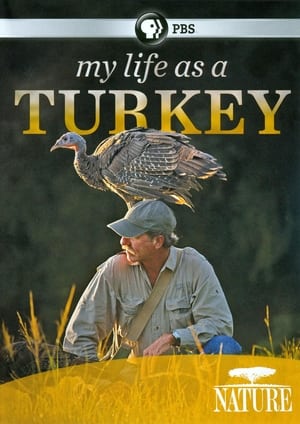 7.0
7.0My Life as a Turkey(en)
Naturalist Jim Hutto's remarkable experience of being imprinted on by group of wild turkey hatchlings, and raising them to adulthood and beyond, in the remote wilderness of northern Florida.
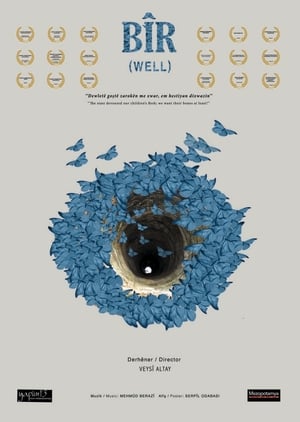 7.0
7.0Well(ku)
In the 1990s many people in Kurdistan were taken into custody and interrogated under torture; their killers disposed of the bodies by throwing them out of helicopters, or burying them in acid-filled wells. Thousands were murdered/disappeared by paramilitary forces—such as Jitem and Hizbul-Kontra—that were financed and supported by the state, though they have always stuck to the line: “We didn’t do it.” The documentary looks at the case of seven people, including four children, who were disappeared from the town of Kerboran [Dargeçit] in 1995, and tells the story of their families’ tireless search for their bones
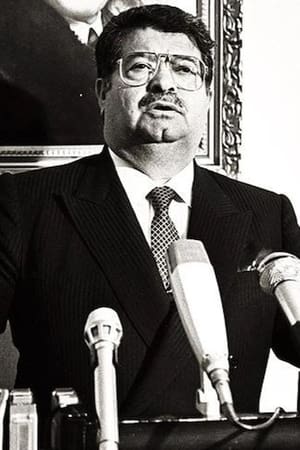 0.0
0.0Years with Özal: January 24(tr)
While we were wandering through the pages of our democracy history, we saw right-left fights and experienced revolutions. Blood was shed, scaffolds were set up, but they could never change the country's path. When we came to the 1980s, a person came out and shook the system to its roots and changed the world of people. According to some, this was a great revolution, according to others, it was the wear and tear of some values. Regardless, this person left his mark on a period of Turkey.
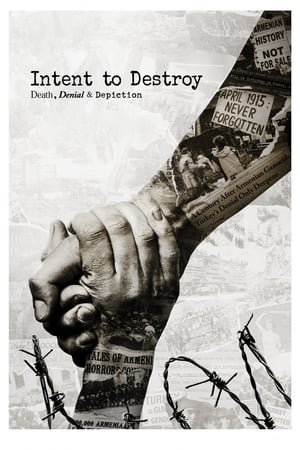 4.8
4.8Intent to Destroy: Death, Denial & Depiction(en)
INTENT TO DESTROY embeds with a historic feature production as a springboard to explore the violent history of the Armenian Genocide and legacy of Turkish suppression and denial over the past century.
 6.9
6.9Architects of Denial(en)
Though both the historical and modern-day persecution of Armenians and other Christians is relatively uncovered in the mainstream media and not on the radar of many average Americans, it is a subject that has gotten far more attention in recent years.

